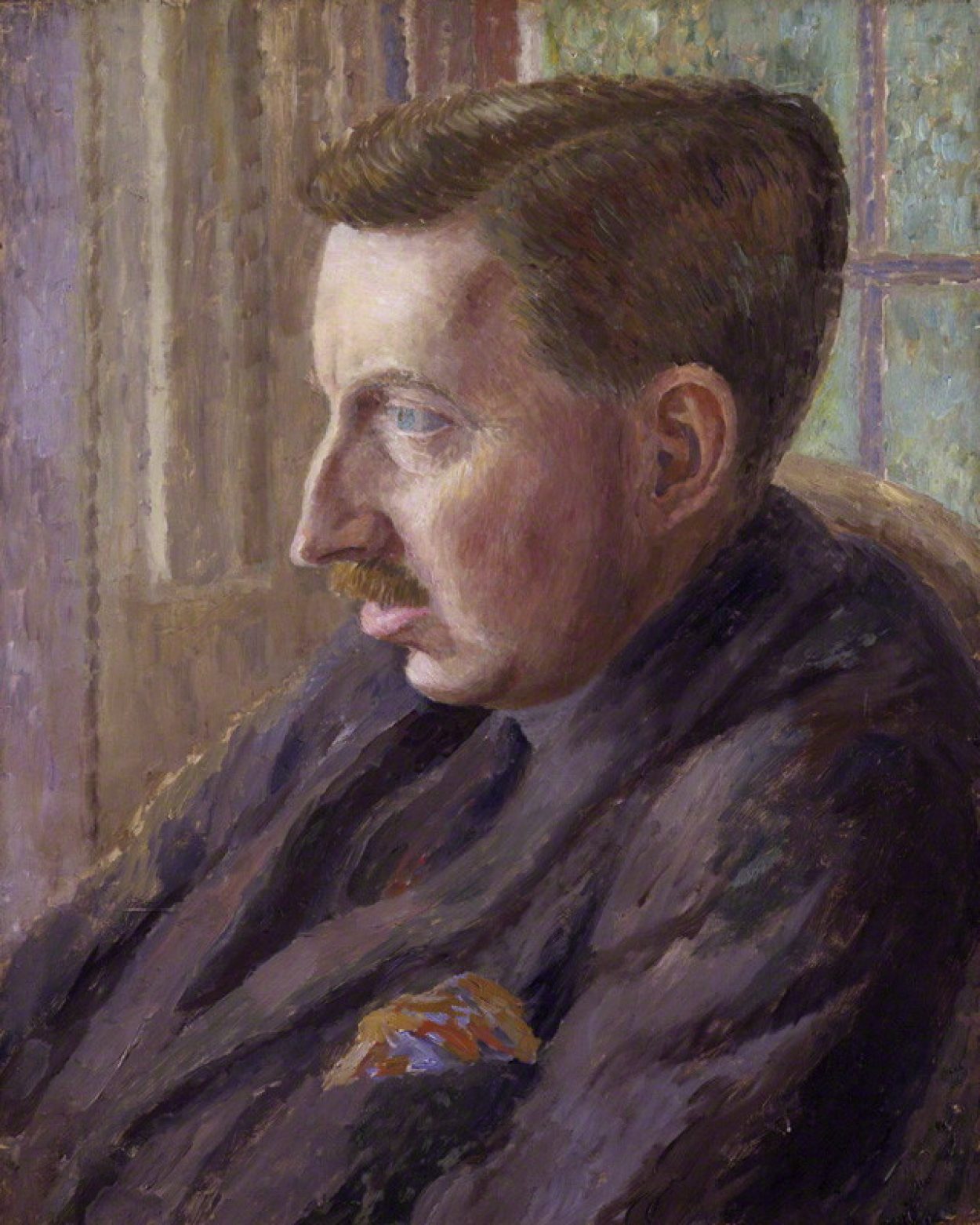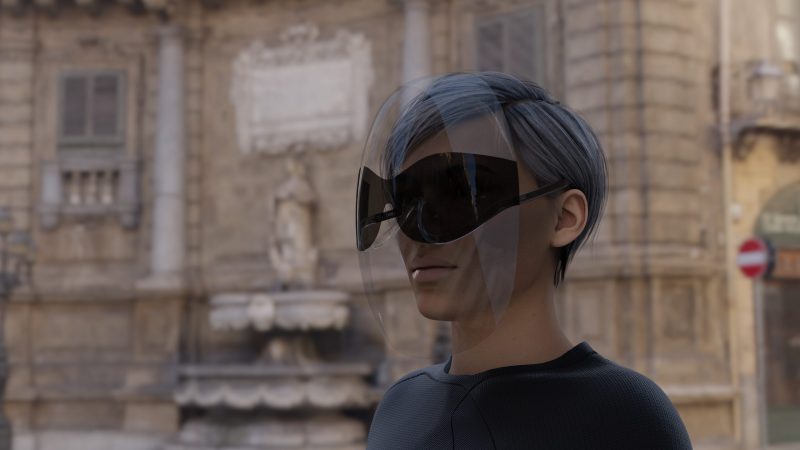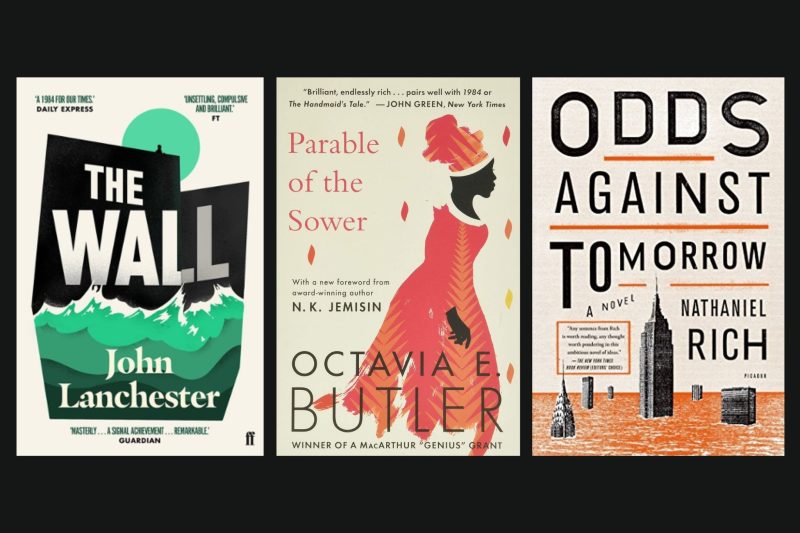For most people the latest national lockdown means uncertainty: precarious jobs and incomes, concerns about the safety of loved ones, and – for many parents – the difficulty of combining work with childcare. It also sends us back to a peculiarly confined world unimaginable one year ago – one in which we have come to rely heavily on the internet for work, shopping, leisure and communication with our family and friends. A world where contact with others could have lethal consequences and where venturing outside our homes has become, in some cases, against the law and subject to serious penalties.
How can literature guide us in this strange new world? E.M. Forster’s short story The Machine Stops (1909) presents an uncannily similar world to our own.
It is set in an unspecified future, where Earth has become inhospitable. Human beings live deep beneath the surface in cramped hexagonal chambers. Each person lives alone, yet on the face of it few are unhappy.
Storytelling for Marketers
The Wonderful Wizard of OzStorytelling for Leaders
Moby DickStorytelling For Lawyers
Alice’s Adventures in Wonderland







